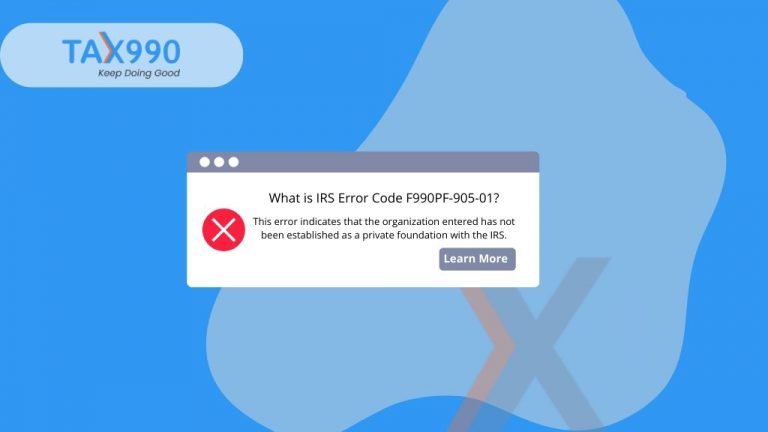Estimated reading time: 8 minute(s)

Receiving a letter from the IRS is not likely anyone’s idea of a nice surprise. Like taking medicine, though, it’s best to deal with it quickly (and on the first try!). While it may be a universally stressful part of anyone’s day, the truth is that there are a variety of reasons the IRS may be contacting you.
- They may need more information on a transmitted return
- They may have made updates to your account
- They may be requesting payment
It’s important to find out exactly what it is the IRS needs from you in a timely manner–so you can settle the matter just as quickly!
I Received a Letter from the IRS. What Should I Do?
In the event you receive a letter from the IRS, the following is a breakdown of the process and steps that should be taken:
- Figure out what they’re contacting you about. The IRS may send you a letter for a variety of reasons, as previously mentioned; changes to a tax account, notifying you of taxes owed or requests for payment, and alerts about issues with your tax form(s) are all things the IRS could contact you about.
- Read the letter–thoroughly. Take the time to understand the information provided, along with the steps suggested. Specific information is typically provided in the letter, with suggestions on who to contact for more information given at the very least.
- In most cases, a letter from the IRS is in reference to a federal tax return or your tax account. As mentioned above, the letter will include specific/relevant information on your specific situation. Remember–it’s important to take immediate action in order to minimize potential penalties.
- If the letter is regarding a changed or updated tax form, you should compare the original information alongside the updated information to confirm its accuracy. If correct, make a copy for your personal records. If incorrect, you will need to contact the IRS immediately to determine the proper steps for correcting the information.
- Should the letter indicate there is incorrect information or that you have fees due, you will need to take the required action in order to resolve the issue. This could include making payments online or replying to the letter (per the instructions).
- Need to call the IRS about a letter you received? Simply dial the number in the upper right-hand corner of the notice. To expedite the process, have a copy of the letter available for quick reference. If the letter is in regard to a specific tax return, ensure you have that return nearby as well.
- If you feel the information or reasoning provided by the IRS is wrong and wish to dispute it, follow the corresponding instructions included in the notice. Any relevant information that may help during the review process should be given to the IRS.
Receiving a letter from the IRS may not be anyone’s first choice, but it doesn’t have to be cause for alarm! Follow the necessary instructions and keep track of your communications with the IRS–as a rule of thumb, it’s suggested to keep records for 3 years.



